When Bubba O’Keefe announced he was running for mayor of Clarksdale this spring, there was a mixed response. This dirt-poor, crumbling Mississippi Delta city is more than 80 percent African American – and Bubba is white. But so poorly had the current mayor, who is African American, been performing that Bubba’s supporters thought he’d be a shoo-in, and that the residents would buy into the mantra that he was Clarksdale’s last hope, white or black.
Locals describe Mississippi as the crime state. And Clarksdale is the worst city in Mississippi. There are 20 times more murders per capita in Clarksdale than in New York. As Bubba says: “We only have a population of 13,000 and there are 19 or 20 murders a year.” Then he adds, somewhat bleakly, “The only thing I can leave my daughters when I pass is a better town.”
I was so certain that my friend Bubba would be the next mayor of Clarksdale, the city recognized throughout the world as the birthplace of the blues, that I arranged to arrive there in the week he was supposed to be crowned. As readers may have gathered, Bubba is not the new mayor of Clarksdale. In fact, he fell at the first hurdle – the Democratic runoffs – and by the time I went to see him he was licking his wounds.
On my first day there, a Sunday, we attended the Union Grove Missionary Baptist Church, where he was warmly received by many African Americans in the congregation. “God had called me to run for mayor,” Bubba said. “And obviously he now has other things in mind for me.”
Bubba’s supporters, black and white, cried foul. One of his main campaigners, a vigorous, articulate African-American woman named Arzella Monix, told me there had been intimidation of voters and that she had personally endured abuse for campaigning for a white mayoral candidate.
Bubba has invested his life and personal fortune in resuscitating the heartbeat of downtown Clarksdale
Bubba’s campaign had been a message of Christianity combined with doomsday prophecy. He warned voters that Clarksdale was in a parlous state, that corruption was rife and crime was soaring and that with the Trump administration’s cuts to welfare benefits, many citizens would be tipped into extreme poverty. The city, he argued, is on the verge of social and moral collapse. Indeed, Clarksdale’s decline and fall has been a slow and painful decades-long procession of maladministration, civic indolence and spiraling crime, in many ways a replica of the fall of Detroit in the second half of the 20th century. “We’re in the ICU right now,” one local told me.
It has, as the blues songs say, been a long, long way down. In the 1920s, Clarksdale was, according to the Wall Street Journal, home to more millionaires per capita than any other city in the US. It was the Golden Buckle on the Cotton Belt and its wild, wayward white Southern citizens would become the key characters in the plays and films of Tennessee Williams, who grew up here. Blanche, Brick, Baby Doll and the rest were real Clarksdale denizens. “Brick Gotcher was the sheriff when my father was mayor in the early 1950s,” says Bubba. “He was shot in the line of duty and his wife took over as sheriff.” Very Delta.
Bubba’s father was mayor between 1948 and 1952, the last era of prosperity for the city. The cotton fields were being mechanized and the large labor force of cotton-pickers was suddenly surplus to requirements. Then demand for cotton declined and farmers discovered it was more profitable to grow soybeans and corn. As fortunes dwindled, there was a migration north to escape the South’s segregationist Jim Crow laws and also to find work in the industrial cities such as Detroit and Chicago. So it was that the blues spread out from its Mississippi birthplace.
Ironically, in recent years Clarksdale’s very down-at-heel, faded grandeur has also been a magnet for a certain type of northerner and there has been a trickle of new immigrants that the fleeing multitude must have passed on their way out. They are mainly white – and they’ve come to immerse themselves in the blues culture.
Dr. Bruce Weinraub, a semi-retired doctor from Massachusetts, has set up a blues room and plays boogie-woogie piano using the moniker Dr B. The New York theater director Karen Kohlhaas moved here during the pandemic and has been running the Tennessee Williams Rectory Museum, based in a property formerly occupied by the playwright, ever since.
Blues musician Sean “Bad” Apple left his home in Pennsylvania to open a juke joint here and Roger Stolle came from advertising/marketing in Dayton, Ohio to open Cat Head Delta Blues & Folk Art, a magnificent jumble sale of vinyl albums, southern literature, blues paraphernalia and the rest. “It’s the kind of store I always dreamt of walking into,” he says.
For all these comings and goings, it has been Bubba who has consistently been at the center of attempts to revive Clarksdale’s economic fortunes. He was born and raised here and has invested his life and personal fortune in the urban restoration initiative that has partly resuscitated the heartbeat of downtown Clarksdale.
Beginning in 1999, he took serious financial risks, buying empty or financially failing properties and turning them into the modern establishments used today by tourists and locals alike: Cathead, Stone Pony, Hambone, Yazoo Pass, and the Travelers Hotel. Bubba was also a co-founder of the city’s annual Juke Joint Festival and has been central to marketing Clarksdale as the home of the blues. As the city’s tourism director, he has marketed the place like a fire-and-brimstone Baptist preacher.
Foreigners often confuse Clarksdale with Clarksville as in “Last Train to Clarksville” by the Monkees. It is not the same thing. As Bubba says, this place is “gritty and authentic” and hard to swallow for Americans of the northeastern seaboard. They – the New York and Washington intelligentsia – regard the south with disdain: southern whites are racist, inter-bred, dim-witted Trump supporters. The blacks are the downtrodden victims of slave culture. Metropolitan northern Americans display a shocking ignorance of their own hinterland. It’s one of the reasons Donald Trump is their President.
This article was originally published in The Spectator’s August 2025 World edition.



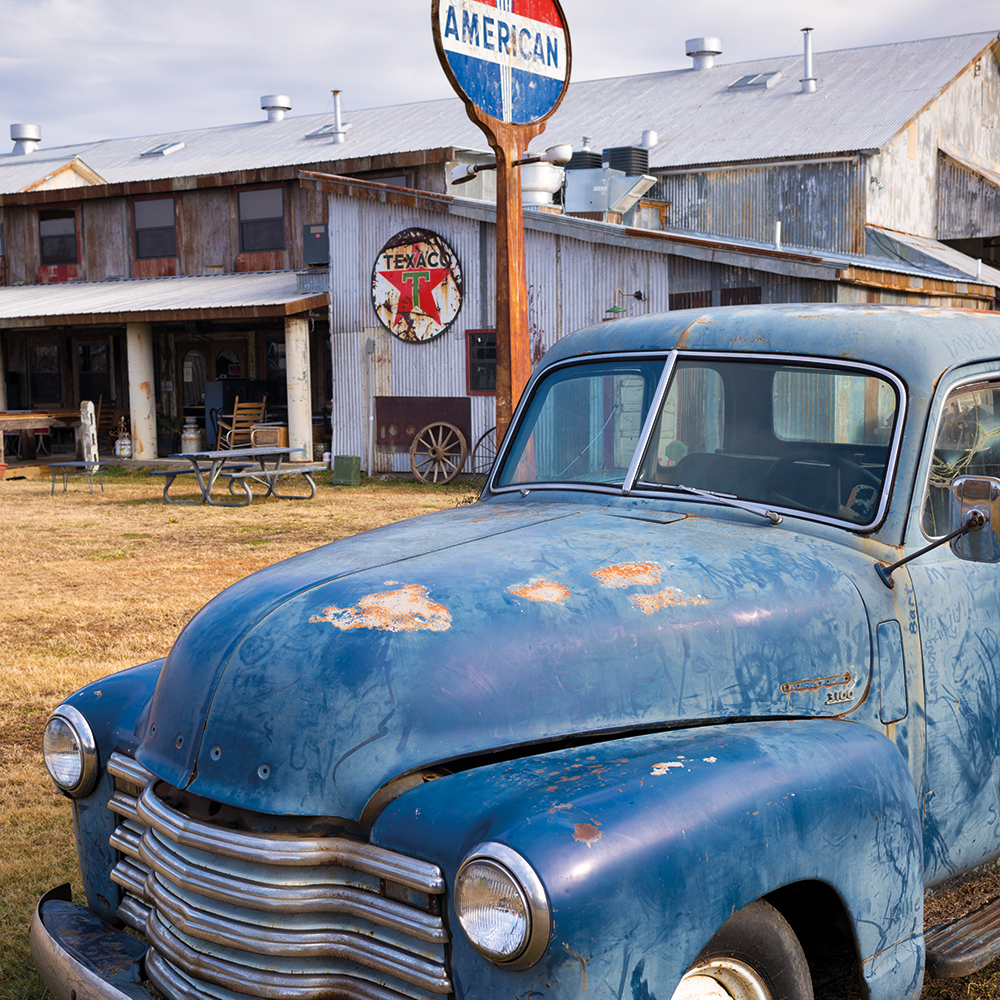






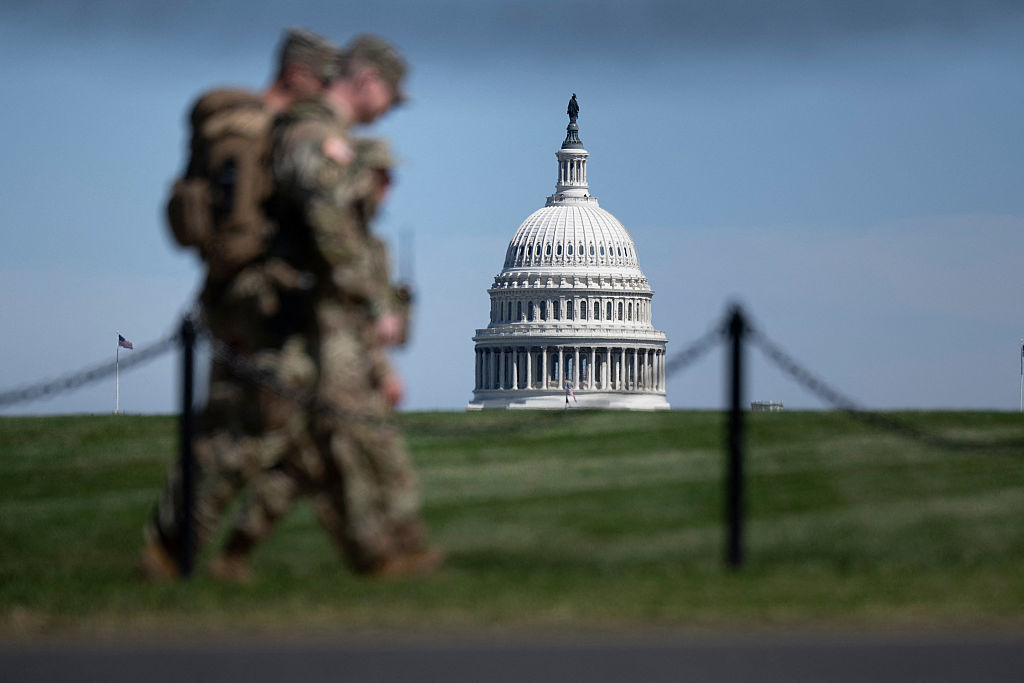
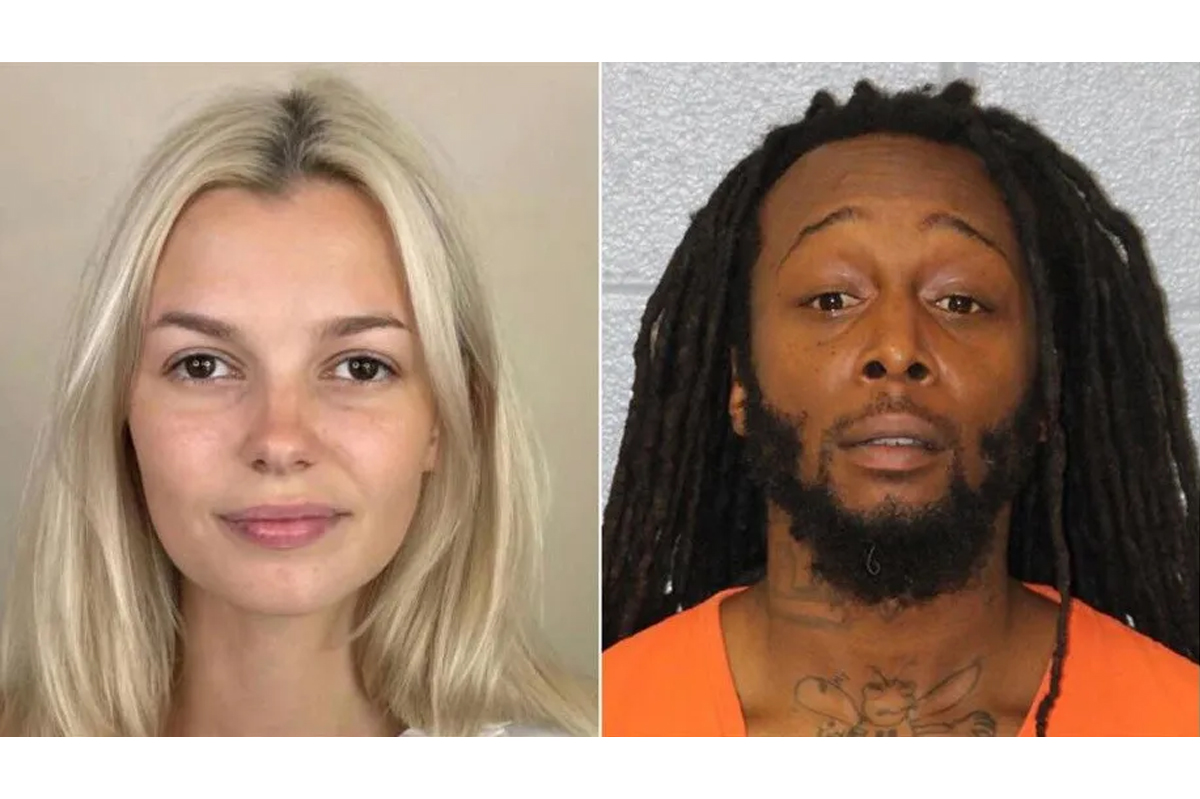


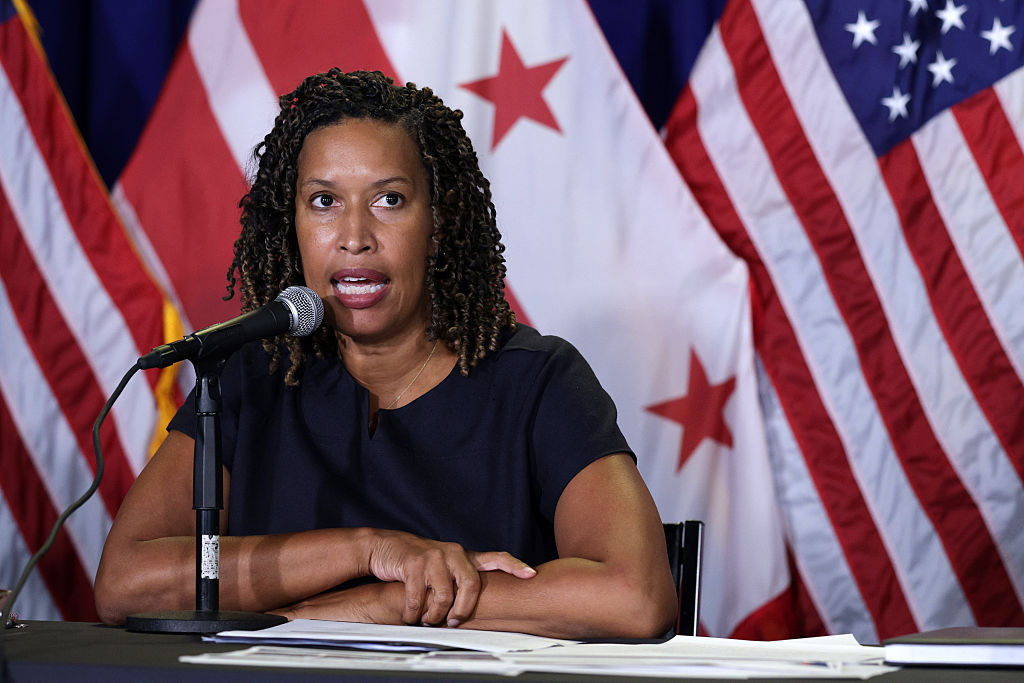
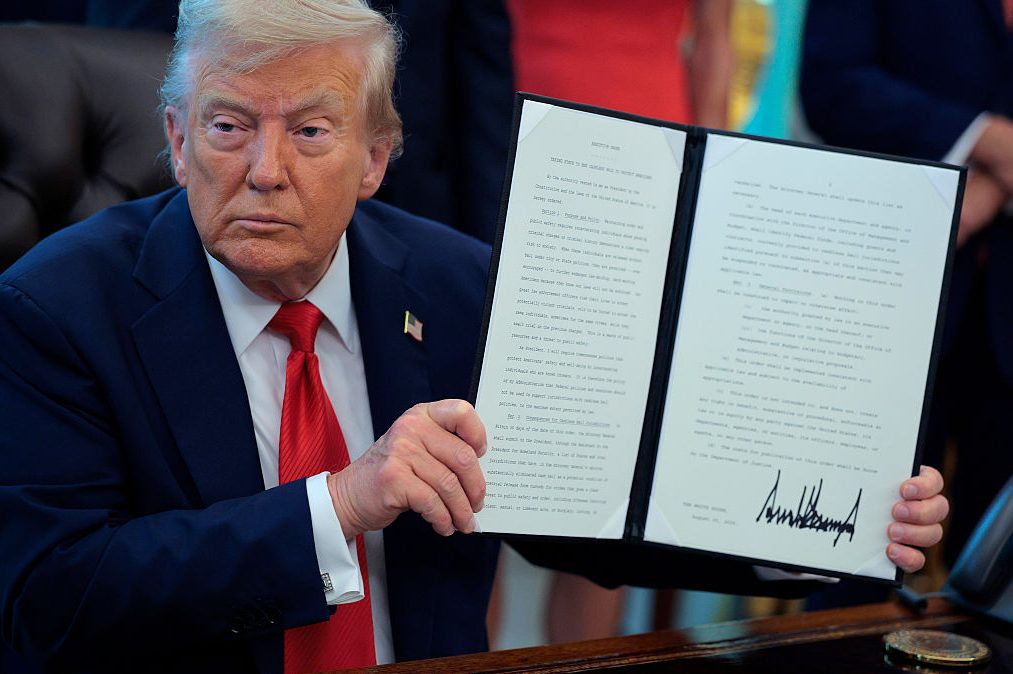







Leave a Reply